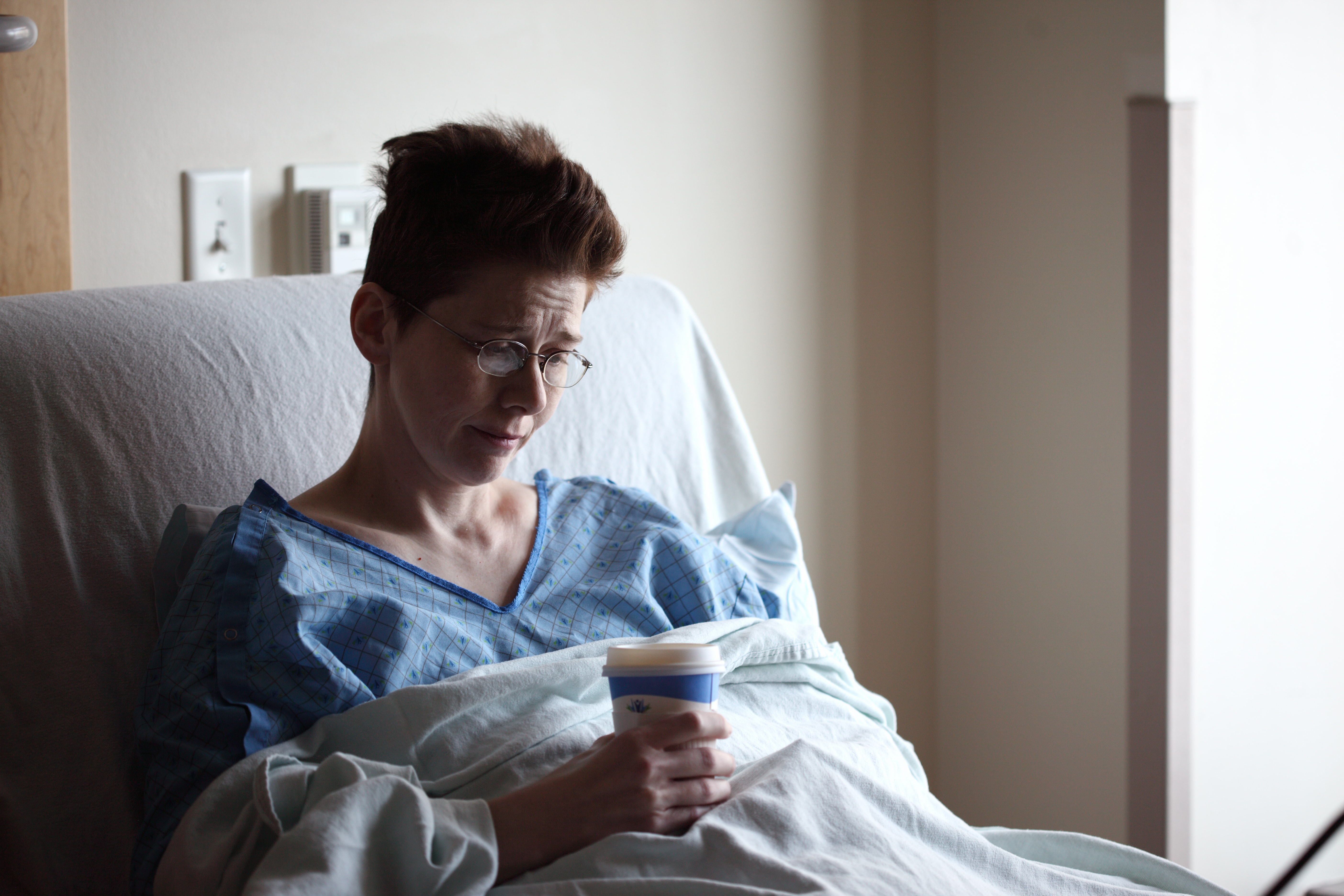Long COVID

As the battle against the COVID-19 pandemic continues, millions of people continue to debilitate by the infection globally even after being discharge from the hospital. Long COVID or post-COVID syndrome decribed the signs and symptoms that continue to develop after the initial acute COVID-19. The symptoms can last up to several weeks and maybe months after the infection has gone.
We do know that COVID-19 can present differently in different individual with varied severity. Some people have no or minimal symptom and some may require intensive care unit (ICU) care, prolonged ventilation and develop multi-organ complication. Individual with comorbidities such as chronic diseases are often affected more severely. However, long COVID can still happen to those individual with mild COVID symptoms.
What are Long COVID symptoms:
- Difficulty breathing
- Chest pain
- Heart palpitation
- Dizziness
- Fatigue
- Feeling generally sick with high body temperature
- Reduced effort tolerance
- Cough
- Headache
- Joint pain, muscle pain
- Diarrhoea, stomach ache and reduced appetitie
- Changes in smell or taste
- Sore throat
- Skin rashes
- Depression and anxiety
- Poor memory and concentration ('memory fog')
- Difficulty sleeping
- Ear pain, ringing in the ear
It is difficult to predict the long term outcomes from COVID-19 infection. We don't know at this stage what cause Long COVID to happen to certain individual. Researcher postulate that the virus cause the immune system to go into overdrive state attacking not just the virus but the body's own tissues. Many patient who recovered from severe acute respiratory syndrome (SARS) from coronavirus have gone to develop chronic fatigue syndrome which is characterized by extreme fatigue that worsens with physical or mental activity which does not improve even with rest.
Unfortunately at this stage there is no cure for Long COVID besides symptomatic treatment. The best option at the moment is prevention of COVID-19 infection by adhering to tight SOP and local health guidelines such as wearing mask, social distancing, avoiding crowded places, keeping the hands clean and vaccination. Prevention is indeed better that cure.



